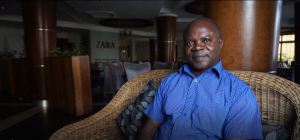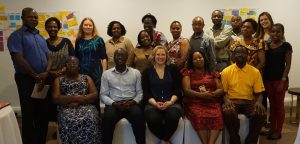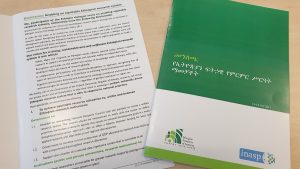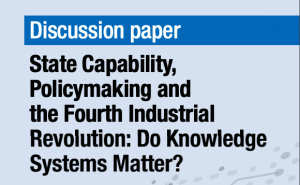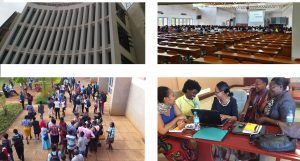How to bring gender-responsive pedagogy into course redesign in higher education
Aloysius Tenywa Malagala represented Gulu University, Uganda in a recent meeting about ensuring gender-responsive pedagogy in course redesign within the TESCEA project. In this blog post, he shares some of his reflections about gender issues in course redesign and how they fit with wider gender mainstreaming work within his university.

